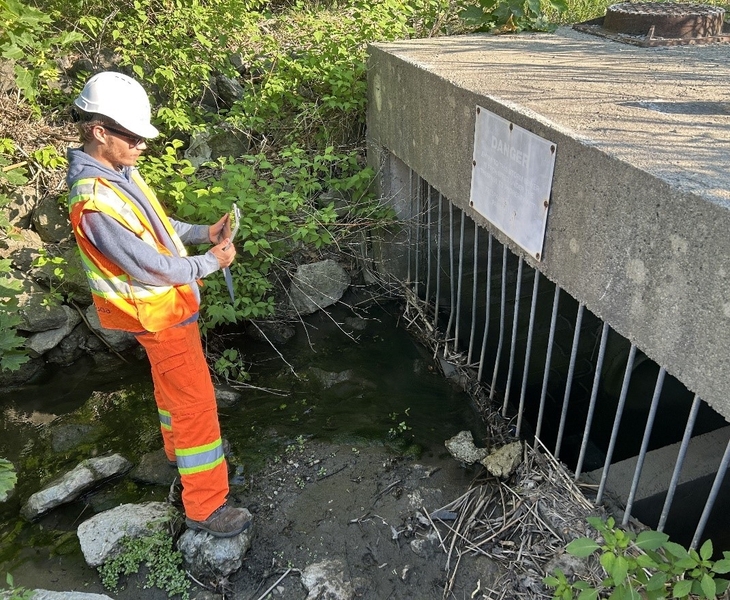Yesterday, the Auditor General of Ontario, Bonnie Lysyk, released a special report on the Niagara Peninsula Conservation Authority (NPCA), detailing a number of substantial operational issues at the organization.
Resulting from mounting concerns and criticism of the NPCA, the Standing Committee on Public Accounts of the Legislative Assembly asked the Auditor General last year to conduct an audit of the NPCA.
“Our audit also found that the governance structure established in the Conservation Authorities Act (Act) and weaknesses in the NPCA Board’s oversight were two of the key contributors to the operational problems at the NPCA that have been the subject of public concerns and criticisms,” said Lysyk in a release.
The report found that the NPCA has taken steps to improve its operations and has several initiatives under way. Nonetheless, the report states that the NPCA has significant operational issues to address in order to restore public trust and deliver its programs and services economically, efficiently, and effectively.
NPCA’s chief administrative officer, Mark Brickell, released a statement that concurred with many of the findings in the special report. “NPCA concurs with, and is firmly aligned with, all of the recommendations of the Auditor General put forth in this report, most of which relate to process improvements and policy refinements.” Brickell points to the hiring of a procurement specialist and a compliance and enforcement officer as examples of the NPCA improving its operational accountability.
Some specific operational issues identified in the audit included:
- In the absence of a long-term staffing plan, the NPCA implemented four costly organizational restructurings between 2012 and 2017, which contributed to significant employee turnover, employee morale issues and grievances. As well, administrative spending rose 49 per cent between 2012 and 2017, while spending on watershed services dropped 18 per cent over the same period.
- Impacted by staff reductions, the NPCA is taking significantly more time to review both municipal development proposals (from an average of 16 days in 2013 to 38 days in 2017) and work-permit applications (from an average of 29 days in 2013 to 37 days in 2017).
- The NPCA does not consistently track or respond to complaints about potential violations (e.g., when wetlands are destroyed or debris is dumped in waterways) within its jurisdiction. The report found that one-quarter of the complaints reviewed about possible Act violations between 2013 and 2017 were still open.
- The NPCA proposed a pilot project to allow provincially significant wetlands in Thundering Waters to be destroyed and to recreate a wetland area three times as large elsewhere, to facilitate development in Thundering Waters. However, the NPCA had not studied the site’s ecosystem to determine if it contained unique features that cannot be replicated.
- For more than half of the $3.8 million in purchases between 2013 and 2017 reviewed by the office of the Auditor General, the NPCA did not adhere to its own policies for the competitive acquisition of goods and services.
Overall, the report makes 24 recommendations, including to addressing conflict of interest among board members; the lack of assessment of board and CAO performance; appropriate identification of flood-prone areas; inconsistency in criteria used to review development proposals and work permit applications; a one-year suspension of the program to improve water quality and funding for that program not appropriately directed during its operation; and misspending nearly one-third of the $3-million Welland River Restoration Fund.
The full report is available on the Auditor General’s website.









